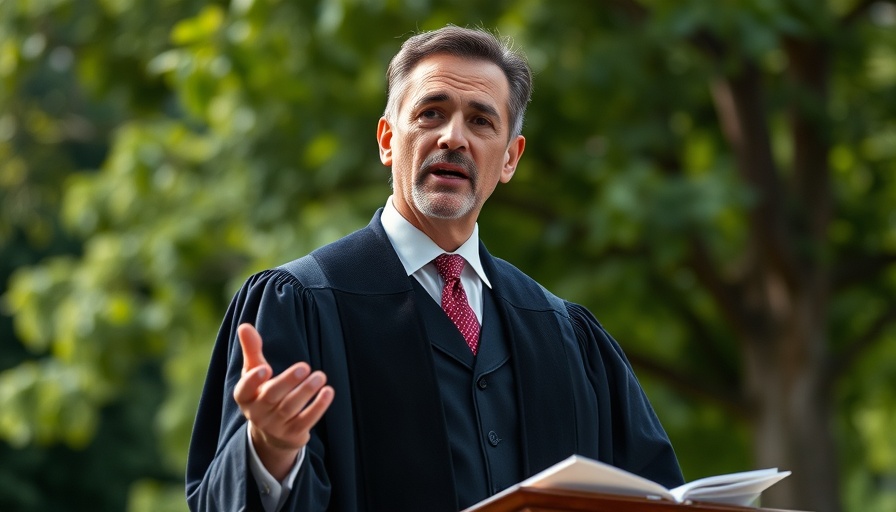
Harvard's Bold Stand Against Authoritarianism
In a compelling demonstration of academic defiance, Harvard University has garnered support from over 60 former and current college and university presidents in its stance against what they describe as President Donald Trump’s "authoritarian incursion" into higher education. This unprecedented coalition, convened by the Yale Chief Executive Leadership Institute, highlights a growing concern among institutions about the preservation of academic freedom in the face of political pressure.
The Weight of Collective Authority
The support from these esteemed leaders underscores a collective recognition that the integrity of educational institutions is at stake. The signatories, ranging from Ivy League stalwarts to regional universities, argue that such political influences could undermine the core values of education: critical inquiry and free expression. This alliance of educational leaders seeks to preserve these principles against rising authoritarian tendencies that might dictate the intellectual direction of scholarly work.
Connecting to Broader Trends in Higher Education
This incident ties into broader trends in the tech and business industries where innovation often clashes with regulatory challenges. Business professionals can draw parallels between this academic landscape and their own experiences in navigating corporate governance and the impact of governmental policies. Just as universities strive to foster independent thought, businesses must champion creativity alongside compliance.
Implications for Business Leadership
The voices of these university presidents resonate with current challenges in the corporate sector. As businesses face increased scrutiny and evolving regulations, leaders must be proactive in defending their organizations' autonomy. This includes fostering a culture of innovation while navigating the complexities of compliance and public sentiment.
A Call for Corporate Responsibility
As we reflect on Harvard’s stance, business leaders in Silicon Valley and beyond are urged to consider their own roles in promoting sustainability, diversity, and corporate governance within their organizations. Ensuring that their firms lead in innovation and ethical practices not only contributes to business success but also fortifies public trust.
By acknowledging the potential challenges posed by political incursions in all fields, professionals can work toward strategies that ensure independent thought and innovation thrive amidst external pressures.
To learn more about how your organization can adapt to external pressures and foster a culture of innovation, consider engaging with thought leaders in your field.
 Add Row
Add Row  Add
Add 



Write A Comment